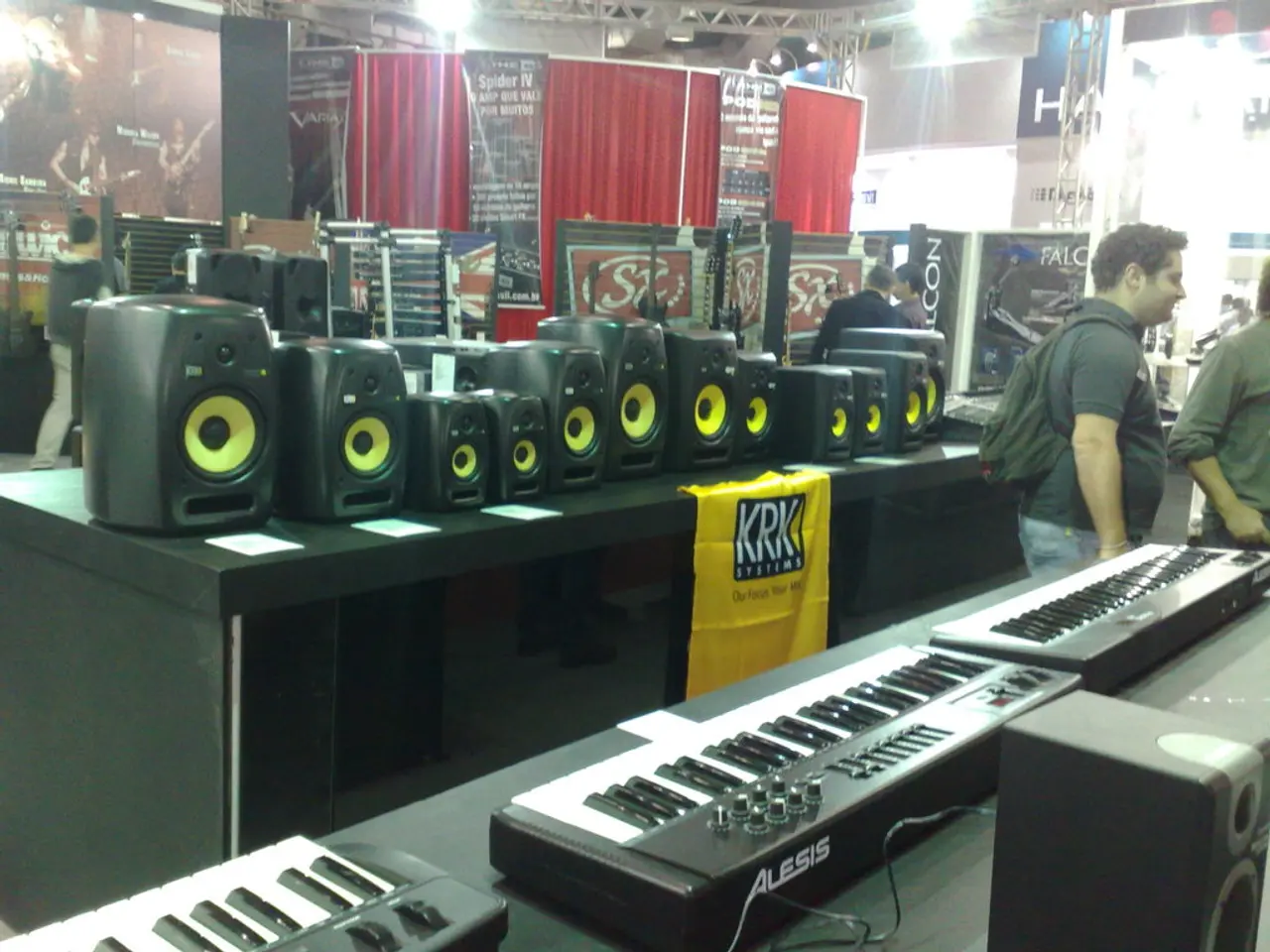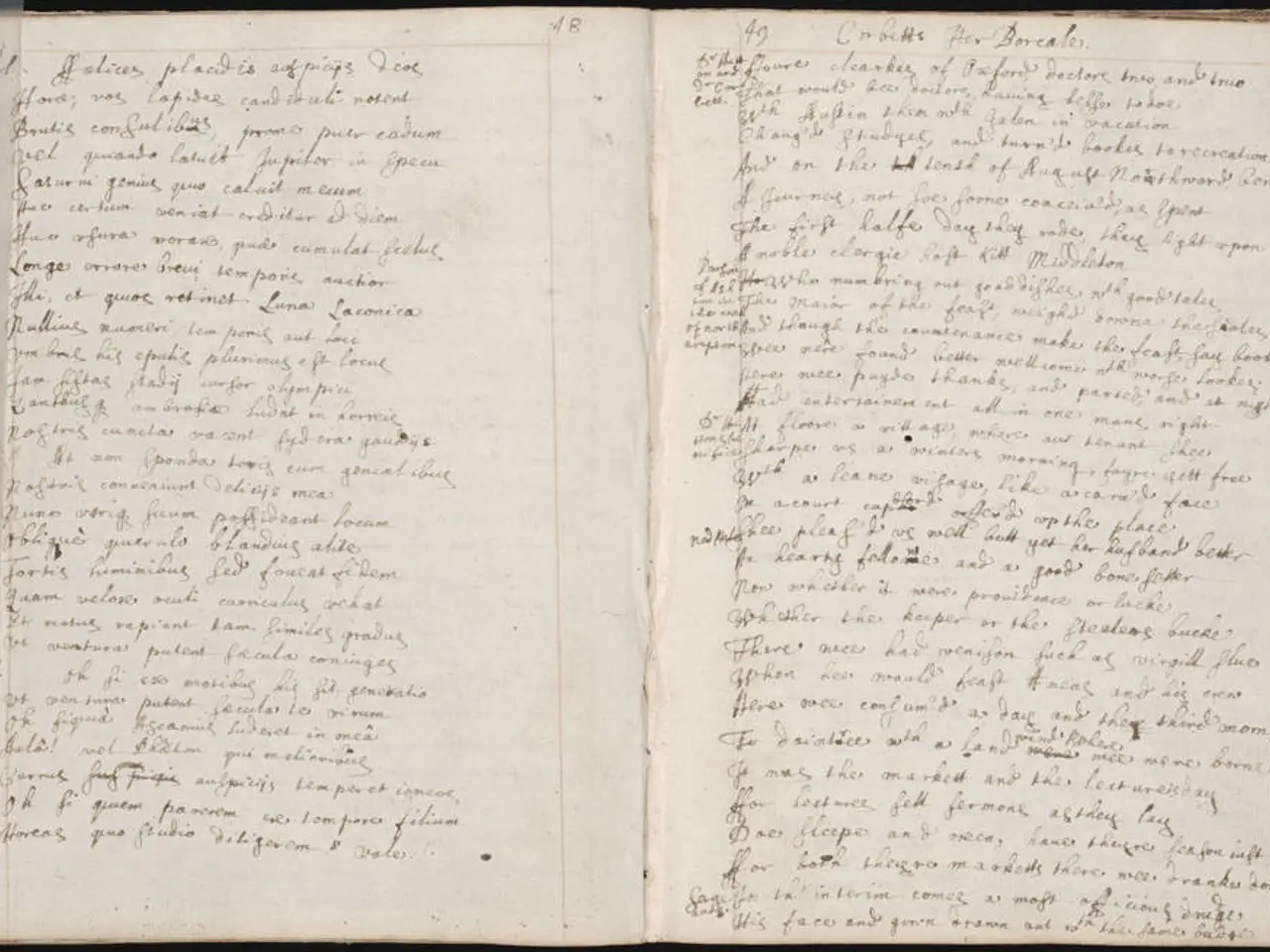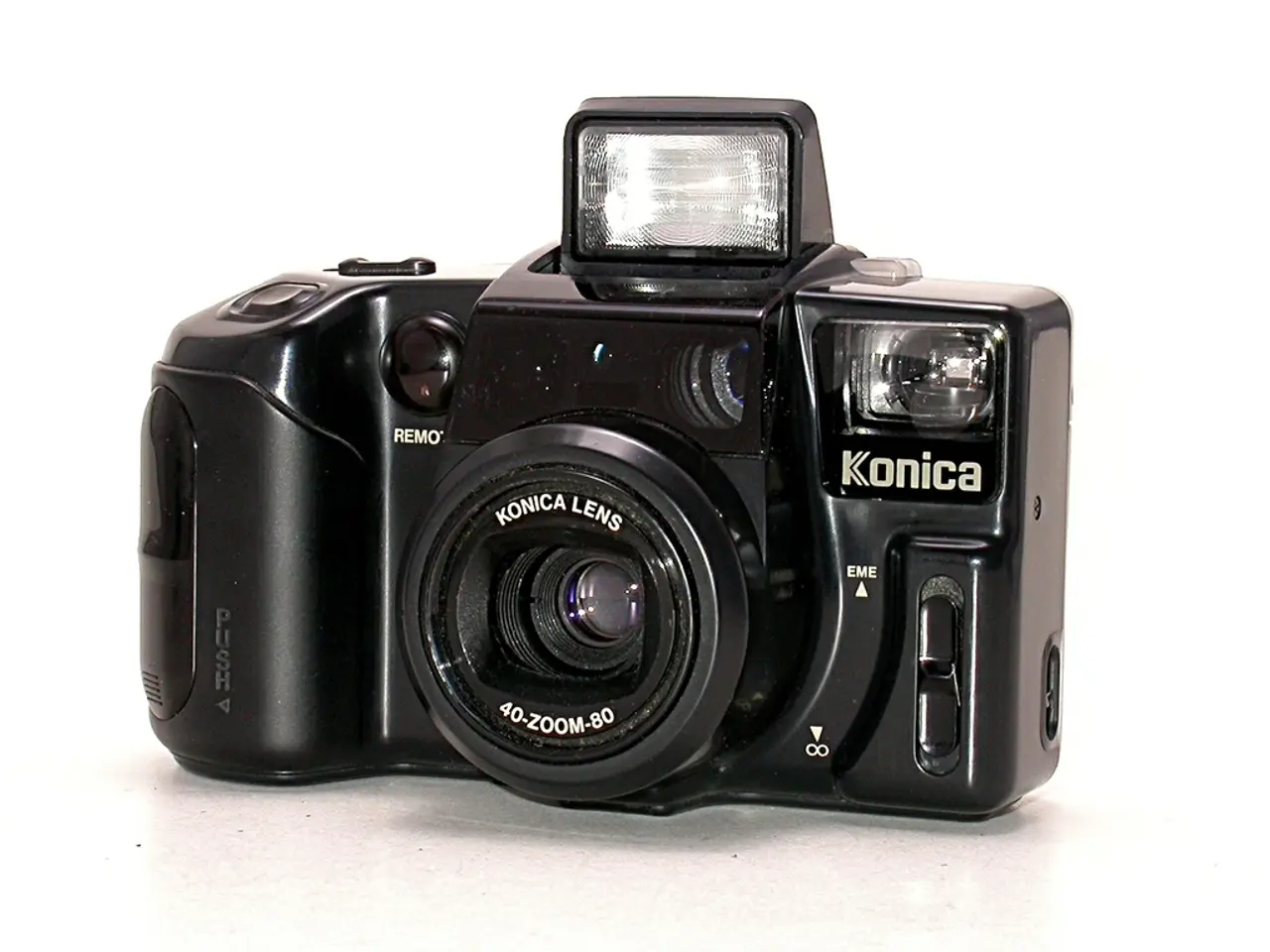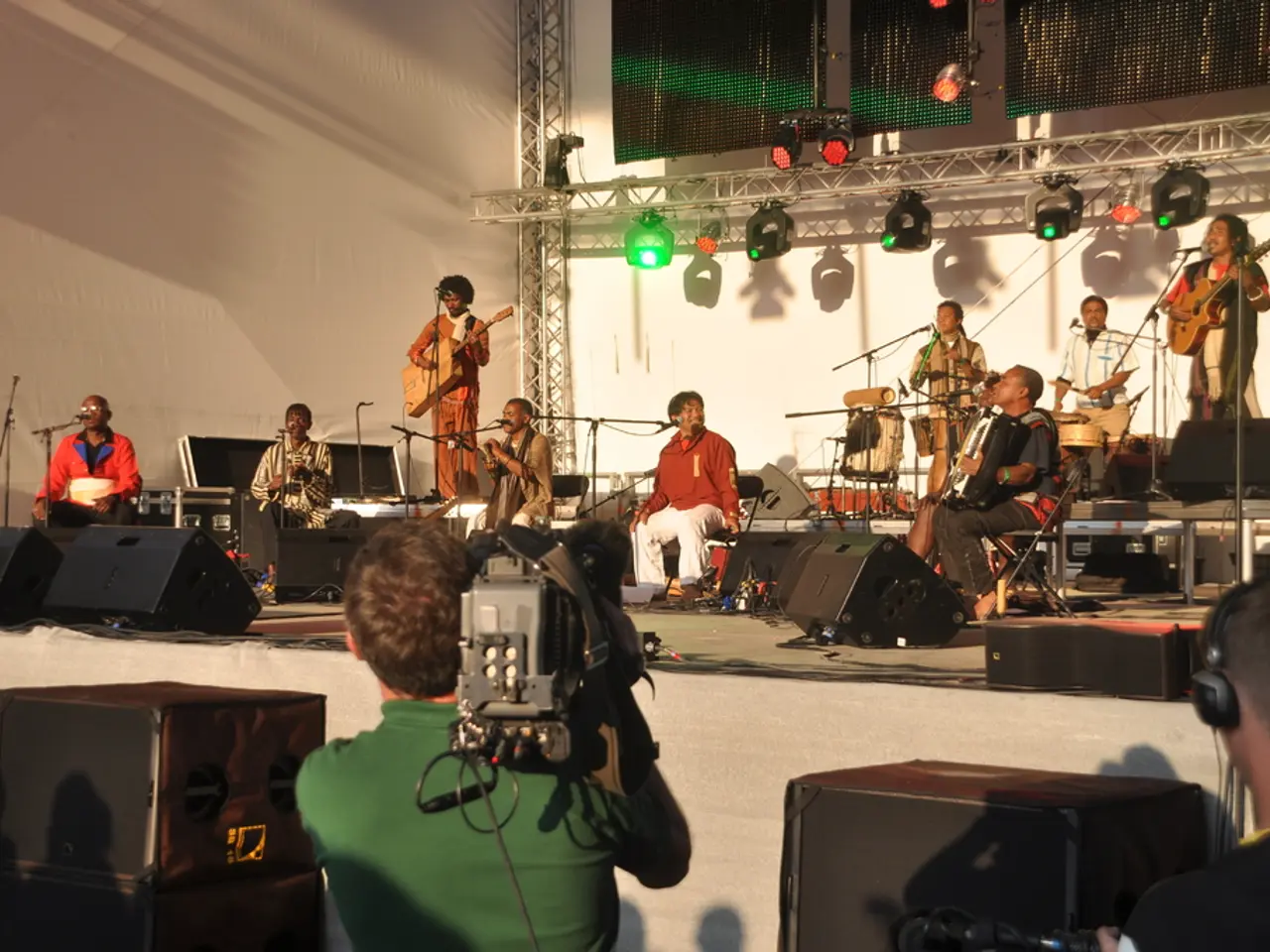Internet Gaming Association Pushes for Tightened Regulation of Online Sweepstakes by Regulatory Bodies
In the digital gaming world, online sweepstakes casinos have gained popularity, offering a blend of free and virtual currency-based games, including traditional slot machines and table games. These casinos operate under sweepstakes laws, creating a complex and varying legal landscape across the U.S.
These platforms, however, have recently come under scrutiny. Companies like Stake.us and Virtual Gaming Worlds (VGW), operators of Luckyland Casino, Chumba Casino, and Global Poker, have faced legal action in several states.
The Michigan Gaming Control Board has taken a firm stance against these casinos, sending cease-and-desist letters to Stake.us and VGW. The companies were accused of violating the Michigan Lawful Internet Gaming Act, Lawful Sports Betting Act, and Michigan Gaming Control and Revenue Act. In response, both Stake and VGW have stopped offering their products in Michigan.
Similar actions have been taken in Delaware, where VGW is being sued for operating illegally. The American Gaming Association (AGA), a trade group representing commercial and tribal gaming industries, has issued a memo stating that online sweepstakes casinos undermine gaming regulations and threaten consumers.
The AGA is urging state regulators to send warning notices to sweeps operators, informing them they'll face legal action if they don't immediately terminate their US-focused operations. The AGA distinguishes online sweepstakes casinos from social gaming apps, as the latter doesn't provide an opportunity for players to win cash.
Operators claim they aren't facilitating gambling because players don't need to buy anything up-front to participate. However, only one currency in these casinos is typically redeemable for prizes or cash.
The legal status of sweepstakes casinos varies significantly by state. Michigan, for instance, has outright banned them, while Georgia appears neutral or legal, and Delaware likely allows them under existing laws or without specific action.
Other states are taking action as well. New York has declared sweepstakes casino operations illegal and issued cease-and-desist orders against many platforms. California is considering legislation that would ban such casinos outright, spurred by opposition from tribal gaming interests.
Several states have introduced or considered bills to regulate or ban sweepstakes casinos, reflecting growing opposition from regulated gambling operators and associations due to concerns over exclusivity, tax revenue, and responsible gaming.
In a broader context, states like Montana and Connecticut have actively passed bans on sweepstakes casinos, imposing criminal penalties and requiring operators to exit by certain deadlines. Meanwhile, the AGA suggests that where state laws and regulations are not clear, legislatures should consider enacting legislation to prevent unlicensed operators from exploiting loopholes in sweepstakes regulations to offer online real money gambling.
As the legal landscape continues to evolve, it's clear that sweepstakes casinos will face ongoing challenges in the United States. States are increasingly examining these platforms for potential regulation or prohibition, especially where established gaming interests are strong.
- The American Gaming Association (AGA) has issued a memo, urging state regulators to send warning notices to sweepstakes casino operators, stating that they'll face legal action if they don't immediately terminate their US-focused operations.
- Operators like Stake.us and Virtual Gaming Worlds (VGW), who run platforms such as Luckyland Casino, Chumba Casino, and Global Poker, have faced legal action in several states due to allegations of violating gaming laws.
- In the digital gaming world, online sweepstakes casinos, which offer a mix of free and virtual currency-based games, have come under scrutiny and are being watched closely by state regulators.
- The legal status of sweepstakes casinos varies significantly by state, with some states like Michigan and New York declaring them illegal, while others, like Georgia and Delaware, may allow them under existing laws or without specific action.




